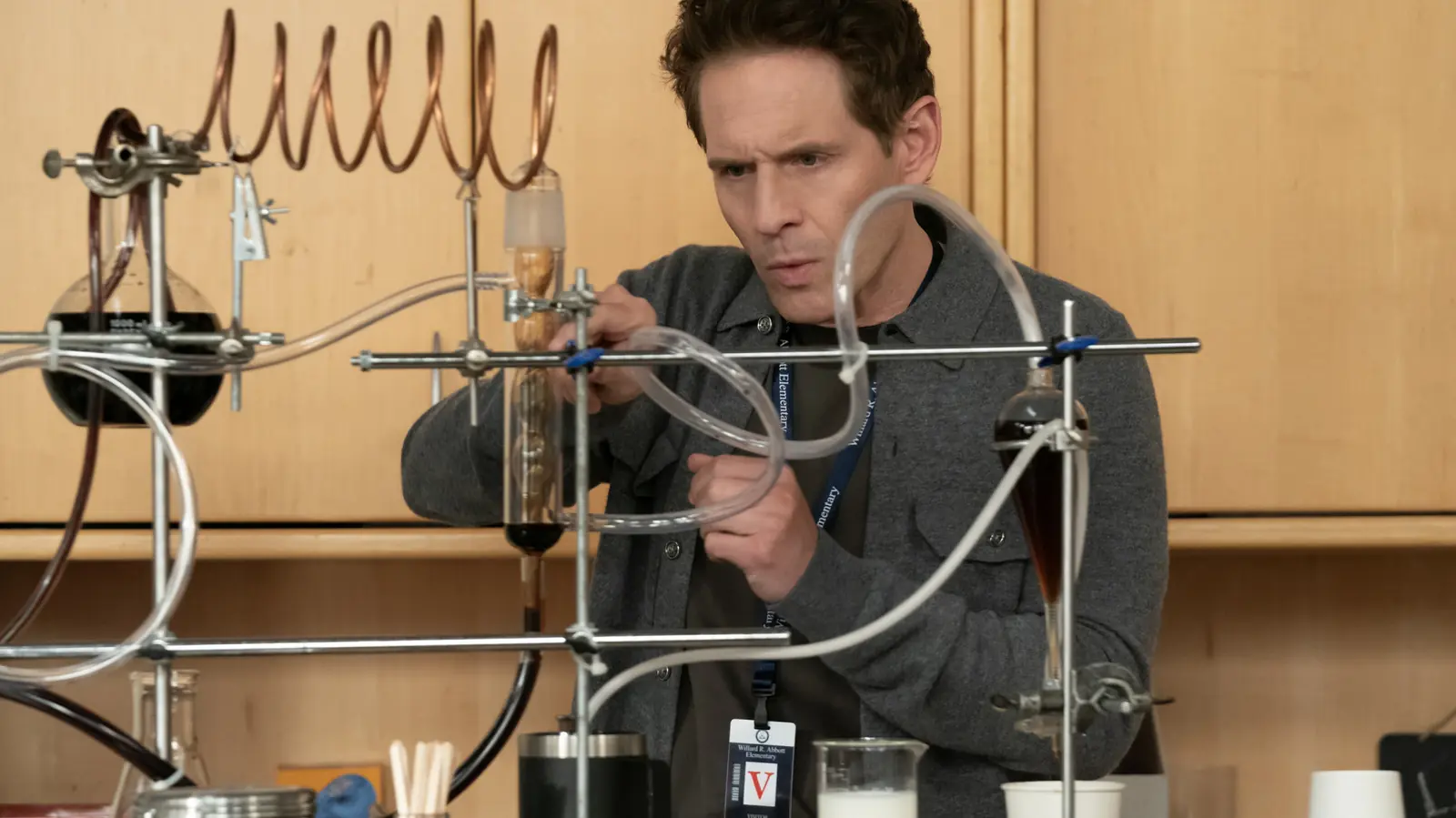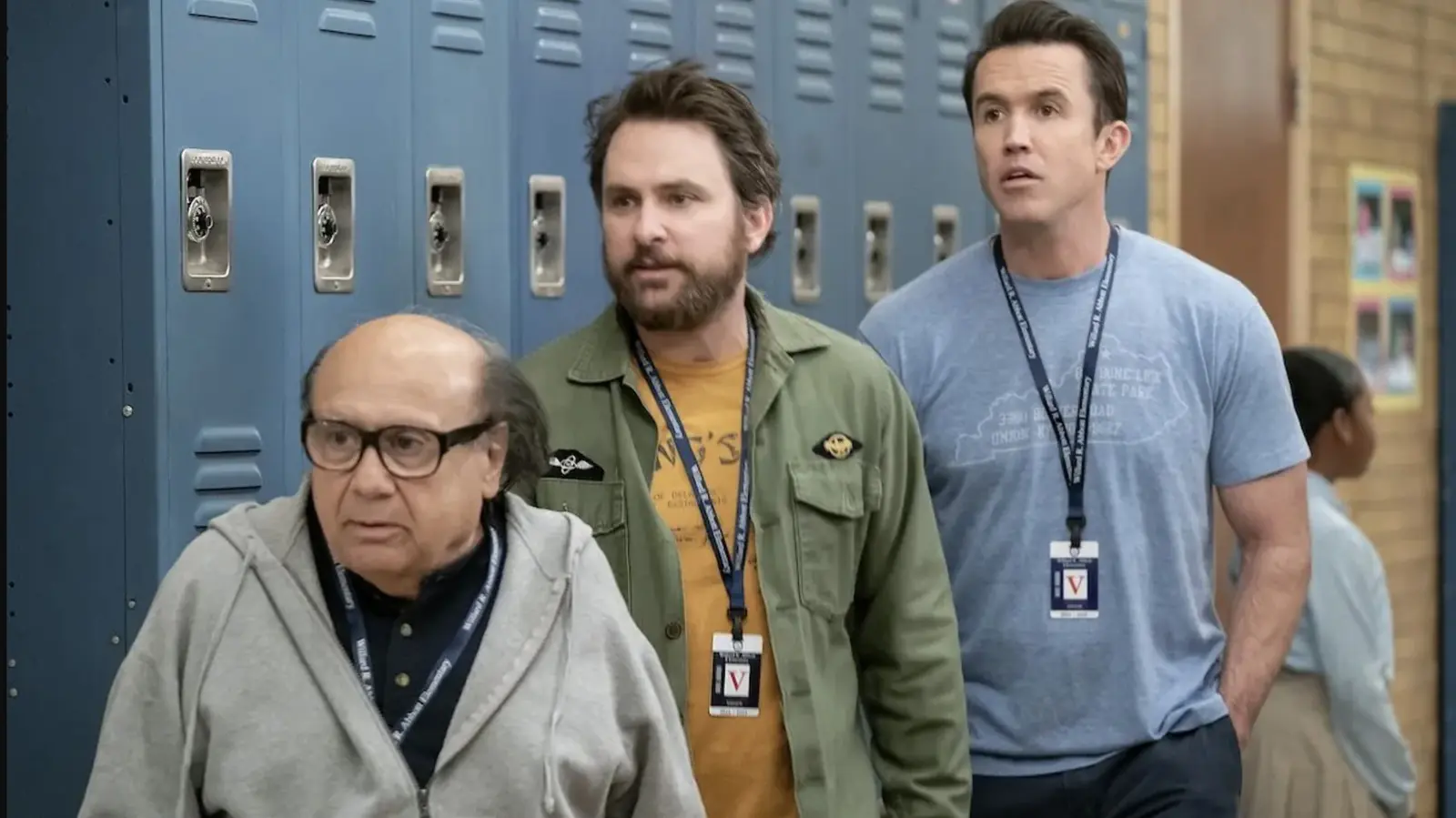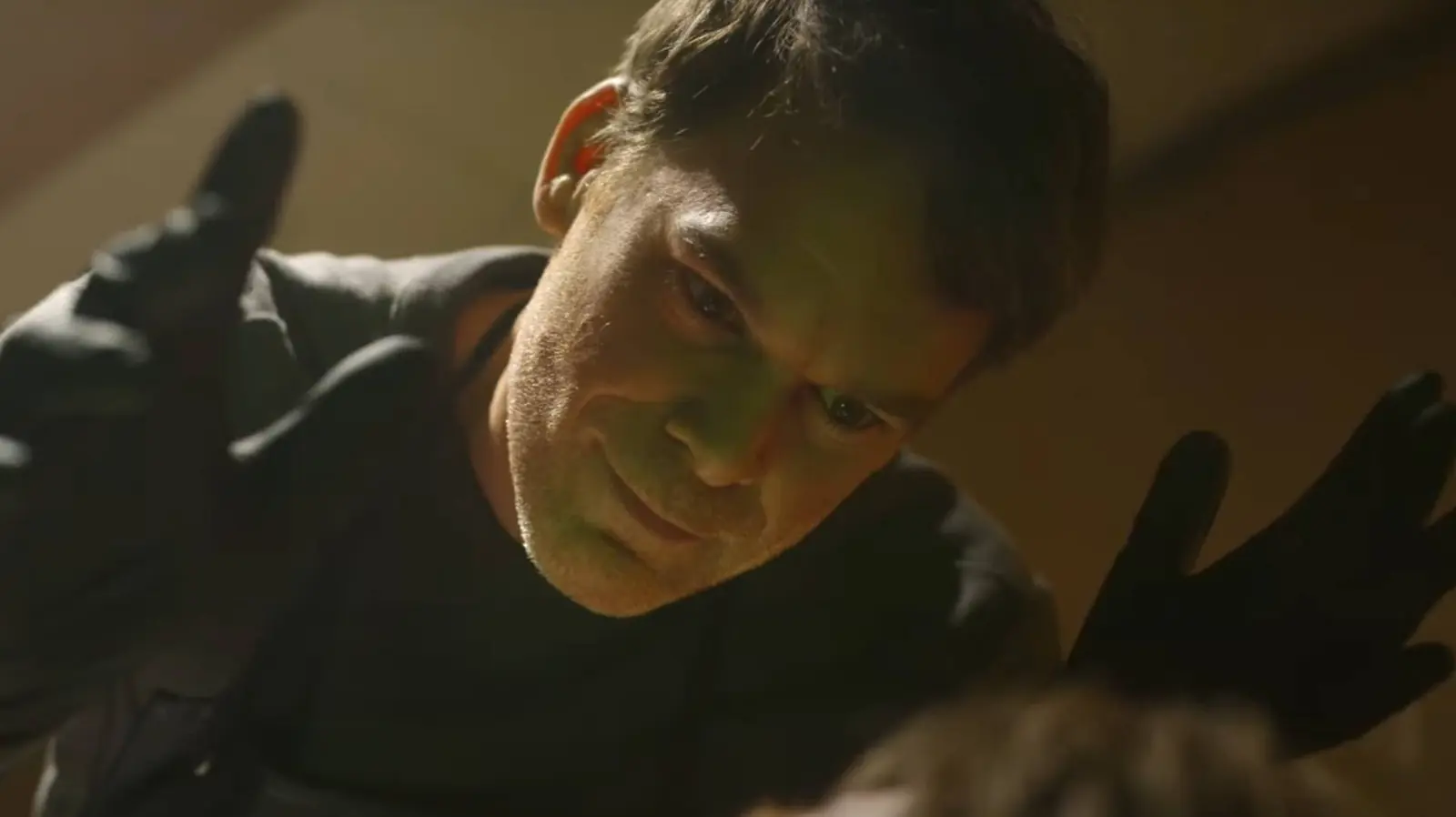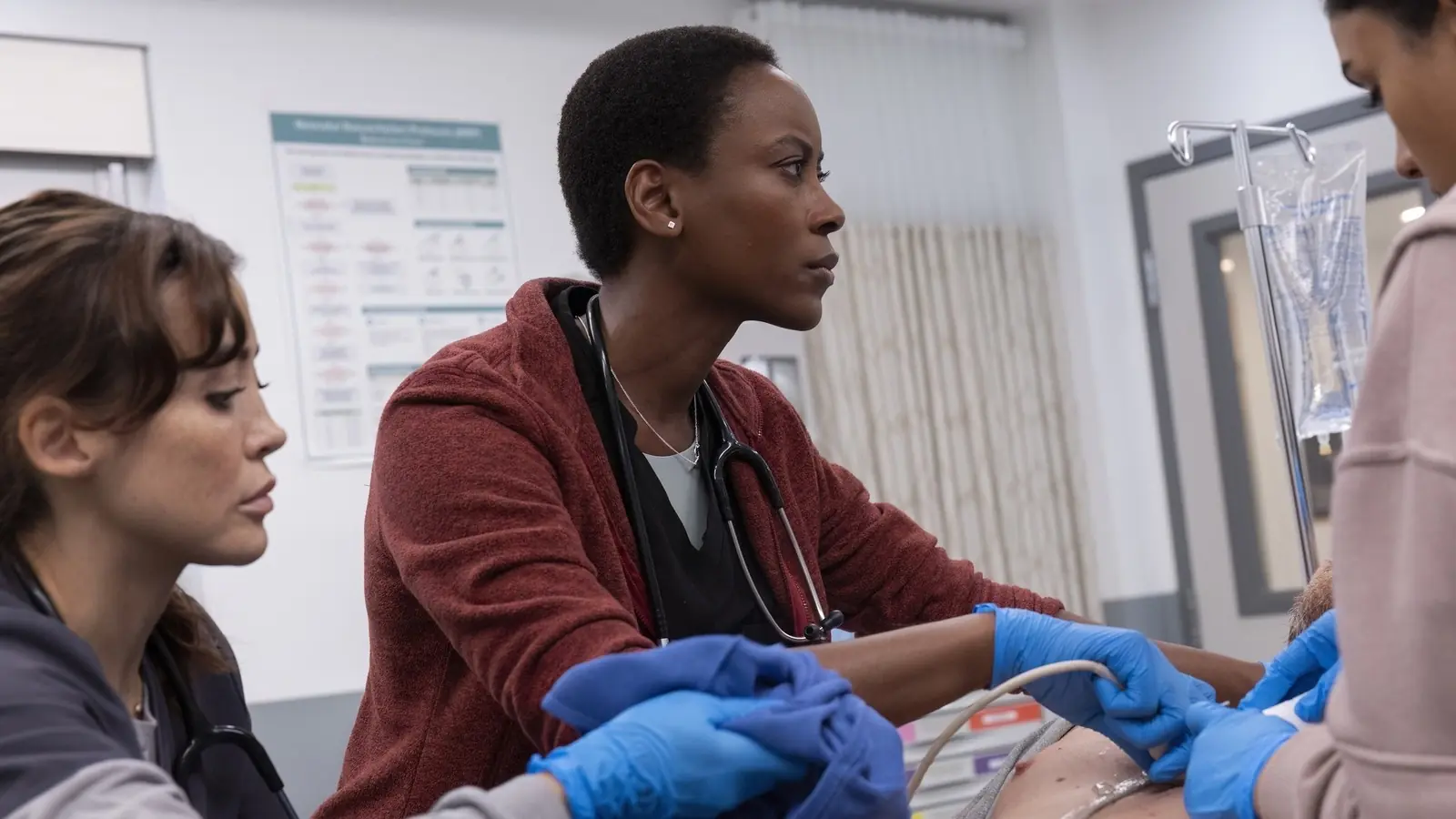The much-anticipated crossover episode between the beloved shows “It’s Always Sunny in Philadelphia” and “Abbott Elementary” had fans eagerly tuning in to see how these two unique worlds would blend. While viewers were thrilled with the entertainment and the wild amalgamation of characters, one lingering question was on everyone’s mind: where was Glenn Howerton’s character, Dennis Reynolds, during the Abbott Elementary segment of this crossover event?
Dennis Reynolds, known for his narcissistic and often sinister demeanor, has been a staple on “It’s Always Sunny in Philadelphia” since its inception. His absence in a significant crossover episode immediately piqued curiosity, and theories abounded about what the character might be up to. As die-hard fans of the series know, Dennis’s antics can range from the amusing to the outright concerning. Therefore, speculating on his activities during his brief onscreen hiatus became a point of fascination.
In this cinematic crossover universe, the always charismatic yet unpredictable Dennis was temporarily out of the scenes when the Abbott Elementary staff and some members of the “It’s Always Sunny” gang intersected. His disappearance was not because he was turning over a new leaf in the moral sense but rather due to some unconventional pursuits that added comedic undertones to the overarching storyline.
Dennis was reportedly engaged in a solo venture that epitomized his signature egotistical and outlandish personality. The character was off in pursuit of what he euphemistically terms the “personal improvement business.” In classic Dennis style, this involved a far-fetched scheme to market himself as a self-help guru, using his version of charm and questionable ethics. He purportedly went down the rabbit hole of internet fame, launching motivational videos full of jaw-dropping advice aimed at vulnerable audiences seeking guidance.
This subplot beautifully encapsulates Dennis’s constant quest for admiration and his endless capacity to exploit any situation for personal gain while providing a meta-commentary on the vast, sometimes dubious, world of self-help influencers. Fans amused themselves with the thought of Dennis trying to mask his otherwise manipulative nature as he attempted to gain followers online.
True to his character, Dennis’s brief detour into “self-help” was peppered with moments of unintended hilarity and blatant narcissism. His advice, often based on exploitative tactics he uses in real life, added an additional layer of humor to the crossover episode. Loyal viewers who are accustomed to his antics couldn’t help but smile at the suitability of such an endeavor for Dennis. Even absent from the frontline school setting of Abbott Elementary, Dennis’s presence was felt through the biting comedy his ventures inherently brought forth.
His interlude into self-improvement was a chance to distill pure ‘Dennis’ moments even in his absence. Humorously inefficient in inspiring others, Dennis’s attempt at internet influence and his warped vision of mentorship became running jokes among the cross-fandom community. This subplot emphasized the stark differences between the wholesome world of Abbott Elementary and the often nihilistic realm of “It’s Always Sunny in Philadelphia,” highlighting the contrasts while maintaining each show’s unique comedic essence.
While other characters like Charlie Day’s Charlie, Rob McElhenney’s Mac, and Kaitlin Olson’s Dee interacted with the educators of Abbott Elementary, providing a mix of comedic chaos and unique collaborations, Dennis was allowed the space to shine (or perhaps more accurately, implode) in his characteristically self-centered bubble.
The crossover delivered on keeping fans on their toes, blending two very different comedic environments while allowing its characters to remain authentic to their roots, regardless of the setting. It was a brilliant narrative device to isolate Dennis in his own subplot while bringing fresh comedic perspectives and ridiculous realities to life.
In conclusion, the temporary absence of Dennis Reynolds during the “It’s Always Sunny” and “Abbott Elementary” crossover was cleverly utilized, providing depth and humor through a secondary narrative arc that spoke volumes about his character’s inherent absurdity. The showrunners effectively integrated Dennis’s immoral charisma into a storyline that humorously mirrored current cultural trends and internet phenomenon, all while staying true to Dennis’s bizarre worldview.
Ultimately, the crossover was a success, offering fans plenty of laughs, insightful juxtapositions of character, and a further exploration into the increasingly meta realm of “It’s Always Sunny in Philadelphia.” The escapades of Dennis on an auxiliary path, though removed from the key action, left viewers eagerly anticipating future interactions and mischief that the “It’s Always Sunny” universe will undoubtedly deliver.






